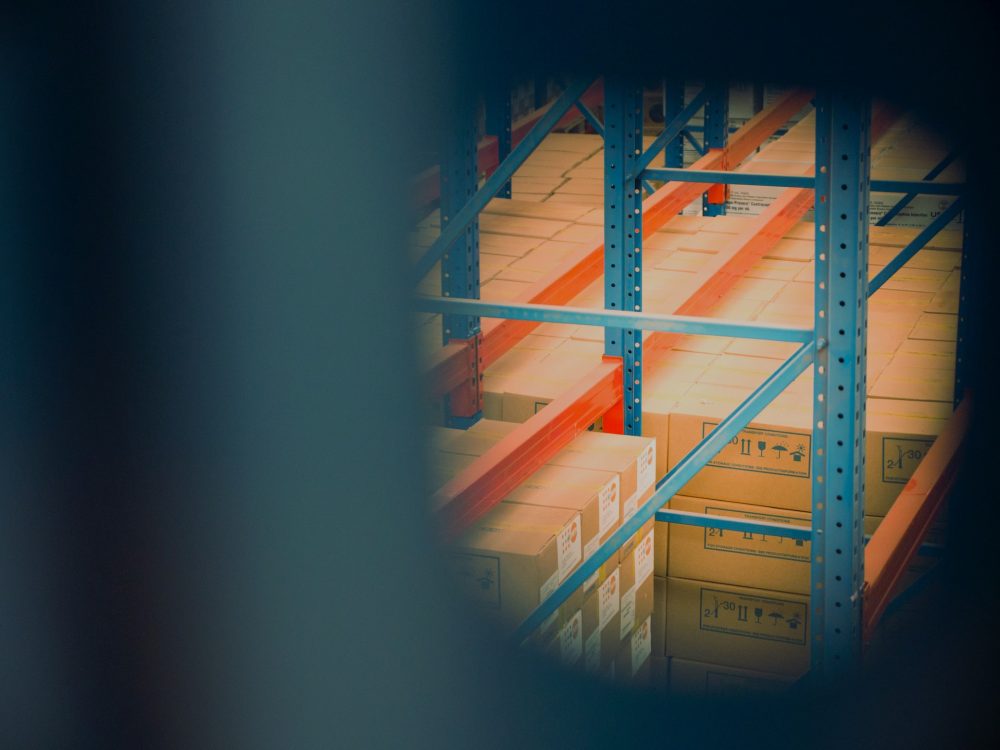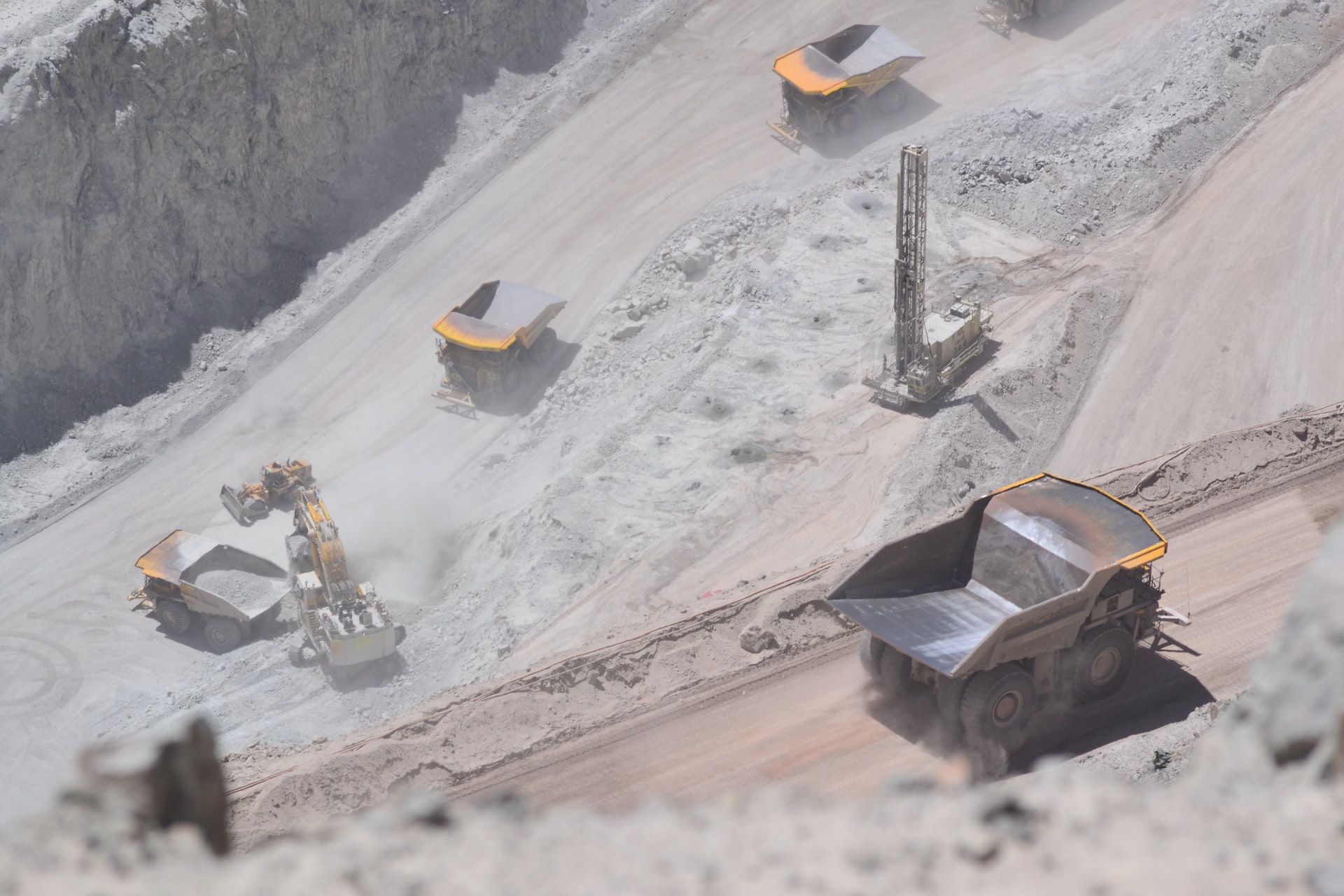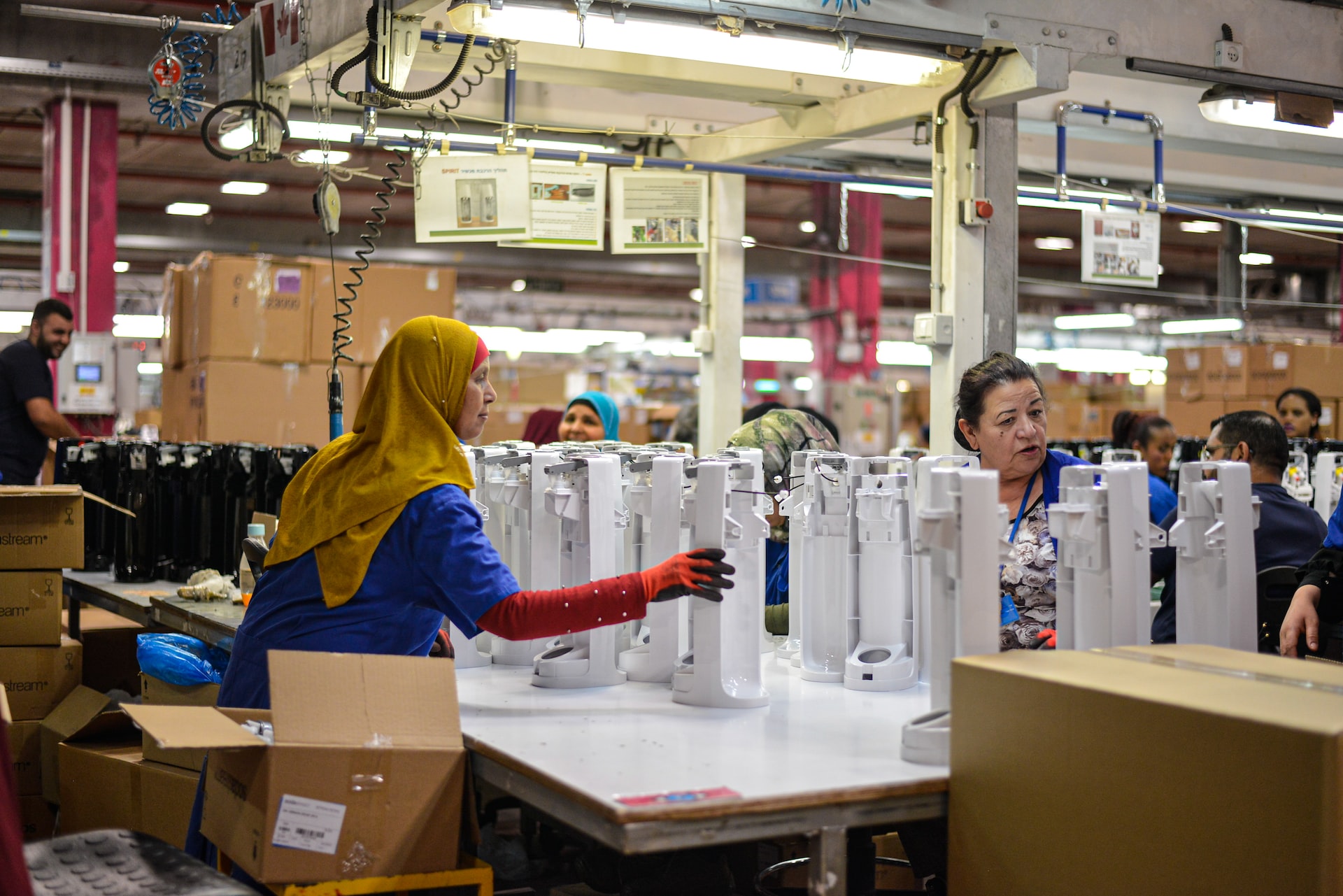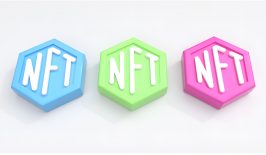How much energy does a product consume during its lifetime? And what impact does it have on the environment? Manufacturers like Shiftphone or Nager IT, who have set out to develop products with a minimal ecological and social footprint, can get a clear answer. The two companies precisely trace and analyse all materials and processes involved in the creation of a product from step one. For other companies, a so-called life cycle assessment, or LCA, can help shed light.
A life cycle assessment measures all environmental impacts during the production, use, and disposal of a product, as well as its associated upstream and downstream processes. Environmental impacts include, for example, the extraction of ores and crude oil, but also all emissions such as waste and CO2.
Monitoring the entire life cycle of a product offers the opportunity to identify previously unknown negative impacts on the environment. The knowledge gained also gives insights on how to develop new, environmentally-conscious and climate-friendly designs and processes and to communicate successful implementations transparently.
Untangling Complex Supply Chains
Currently, however, conducting an LCA remains a major challenge for most companies. One of the main reasons for this is the length and complexity of supply chains, which often span countries and even continents. While the raw materials of a product originate from countries A and B, the individual parts are prefabricated in countries B, C, and D, then assembled in country E and finalised in country F. Even disposing and recycling products can follow a similarly long journey.
Such complex supply chains not only consist of long routes, but behind each “node” there is also a lot of information – and thus a lot of data – that is not always easily accessible. As a result, many manufacturers have no overview of what happens along the way. Human rights violations and negative environmental impacts often remain in the dark. But the times when companies can avoid responsibility by pleading ignorance seem to be changing.
More and more countries are holding their companies to due diligence on sustainability issues and pushing to shed light on supply chains. In Germany, a new Supply Chain Due Diligence Act (LkSG) will come into effect in 2023, which is intended to hold companies accountable for complying with internationally recognised human rights and certain environmental standards in their supply chains.
Supply Chain Due Diligence Act
Reports about burning or collapsed factories, child labour, or destroyed rainforests reveal that many companies are not sufficiently fulfilling their responsibility in global supply chains on a voluntary basis. This is set to change with the Supply Chain Due Diligence Act, which comes into effect in 2023.
The initiative includes a number of important points that will hopefully contribute to greater human rights and environmental due diligence. At the same time, the law falls short in many aspects as it neglects to cover the beginning of supply chains, where the majority of human rights violations take place. In addition, environmental aspects are only marginally accounted for, and massive environmental destruction through biodiversity loss and climate impacts are not covered. Worse still, only around 1 percent of all companies in Germany are subject to the act.
It seems to be (finally) becoming more important for companies to know the complete life cycle of their products. This will not only help to determine ecological and social footprints but also contribute to a circular economy. After all, if every raw material and component of every product is known, reusing or recycling products becomes much easier. New technologies, like the DIBIChain research project, can help gather the necessary information.
“Recycling and more sustainable product development were the starting point for initiating our project,” says Andreas Kötter, Senior Manager Technology & Innovation at Capgemini Engineering. “Since hardly any manufacturer knows which materials and processes are in their product, it has also been difficult for them to record how sustainable it is and which recycling steps are suitable. DiBiChain allows 100 percent of all data from the supply chain to be captured, sorted, processed, and used to create the most sustainable product possible.”
DIBIChain: “Threading” Product Information onto a Digital Ledger
The DIBIChain project, which is funded by the BMBF and implemented under the leadership of Capgemini Engineering together with the Blockchain Research Lab, Airbus, Chainstep, and iPoint, is developing a blockchain application in which all the data of a product life cycle flows together. The so-called DIBIChain will then help to make product development processes fair, secure, and economical.
“Each participant from the supply chain enters their data relevant for the lifecycle assessment in encrypted form on the DiBiChain. This enables tracking from the extraction of the raw materials to their return to the material cycles,” explains Kötter. “In general, the use of blockchain can bring more transparency to the entire life cycle of a product, which not only enables the collection of all sustainability-relevant information but also points out problematic content.” In this way, manufacturers can ensure that social and environmental standards are met throughout the entire product lifecycle as well as identify the use of rare earths or other raw materials of concern. And since the manufacturers of components can be contacted directly to request information about the materials or dismantling, there is also the opportunity to increase recycling rates or close product loops in the sense of a circular economy.
The DIBIChain software, which is currently under development, is intended to serve as an independent, unchangeable, and trustworthy communication solution for the entire supply chain in order to receive reliable information about product integrity. And that down to the kilo. “Based on the end product, it can be evaluated how much information has already been recorded. So if an end product weighs 1,000 kilograms, you can use the blockchain to determine how many kilos of material are still missing for a holistic life cycle assessment,” says Kötter.
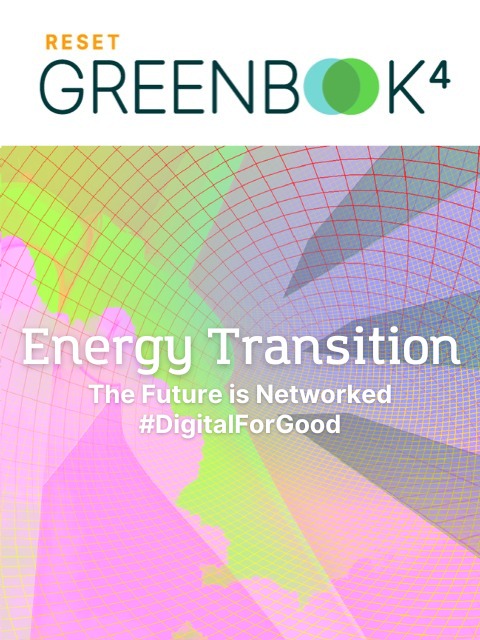
The 1.5 degree target is unattainable without a real transformation of our energy system. But how can it succeed? What are the energy sources of the future? What digital solutions are ready and where are innovations needed? And how can the transformation be driven forward?
The RESET Greenbook “Energy Transition – The Future is Networked” presents digital, innovative solutions and sheds light on the background.
A modular architecture has been designed to ensure transparency across the supply chain while addressing data privacy and protecting the intellectual property of participating companies. “Blockchain technology can be configured in different forms. In the DiBiChain project, we have chosen a variant in which data can be stored in a decentralised manner, including sovereign rights. This means that each user (i.e. manufacturer and supplier) can control all the information disclosed,” says Kötter.
With the help of the architecture, the stored information can be enriched with additional information, which can then be queried and shared with other participants in the supply chain. However, this only happens on request and after approval by the sharing party as the data streams are encrypted and the participants in the supply chain are not automatically revealed.
Blockchain = High Energy Consumption?
Anyone who has been involved with distributed ledger technologies in recent years will probably wonder about the blockchain’s energy consumption. After all, its most prominent representative, Bitcoin, has made headlines primarily because of its enormously high hunger for power. As Kötter reports, the blockchain used in DiBiChain is based on Ethereum, “a very energy-efficient technology that requires only a small amount of storage space while ensuring a limited number of duplications of the data. Thus, the energy consumption is very low.”
In the case of the Bitcoin blockchain, the high energy consumption mainly arises from mining, but in the specific application of the DIBIChain, this does not play a major role. Therefore, when it comes to supply chain tracking, a blockchain-based approach is expected to be more sustainable than the paper-based, labour-intensive processes that currently exist.
DIBIChain is basically aimed at all manufacturers – provided, of course, that they want to make their supply chain more sustainable while preserving the data sovereignty of their suppliers. “At the same time, DiBiChain is also able to map and validate the contents of the Supply Chain Act. Due to its flexible architecture, it can be extended indefinitely,” says Kötter.
Blockchain Applications Need to Be More User-Friendly
Before DiBiChain can be deployed in enterprises, more work needs to be done in the area of user interface and customisation to company-specific processes. User interface has been a big issue since the early days of blockchain and is absolutely critical for such applications to be adopted by large, traditional enterprises that tend to be risk averse. For companies looking to make a difference to truly embrace applications like DiBiChain, they must be easy to implement and use.
There is definitely interest on the corporate side, according to the research team. But as long as an LCA is not a requirement, few companies are likely to look for suitable technologies. Still, there are a number of other applications besides DIBIChain with a similar goal. The cloud platform Sustainabill, for example, also helps companies perform much-needed due diligence and provides transparency in supply chains; in the future, Textile Trust wants to make supply chains in the textile industry more transparent on an openly accessible platform; and MineSpider relies on the blockchain to ban conflict minerals from supply chains. In the coming years, we hope more rigorous environmental standards and stricter supply chain laws, which take greater account of ecological aspects, will become mandatory for all companies.
This article was originally published in German by Sarah-Indra Jungblut.
